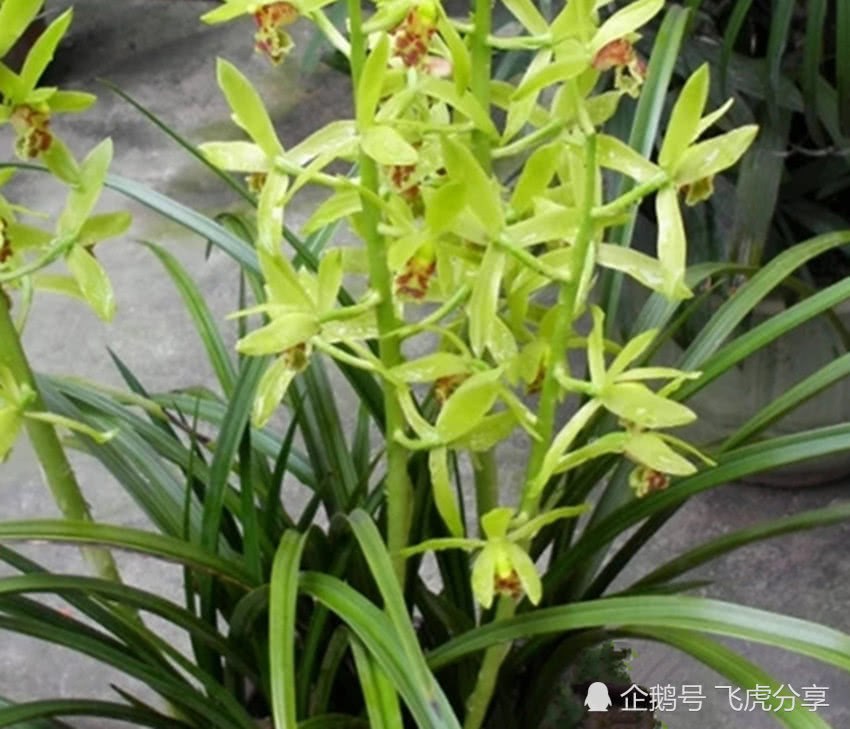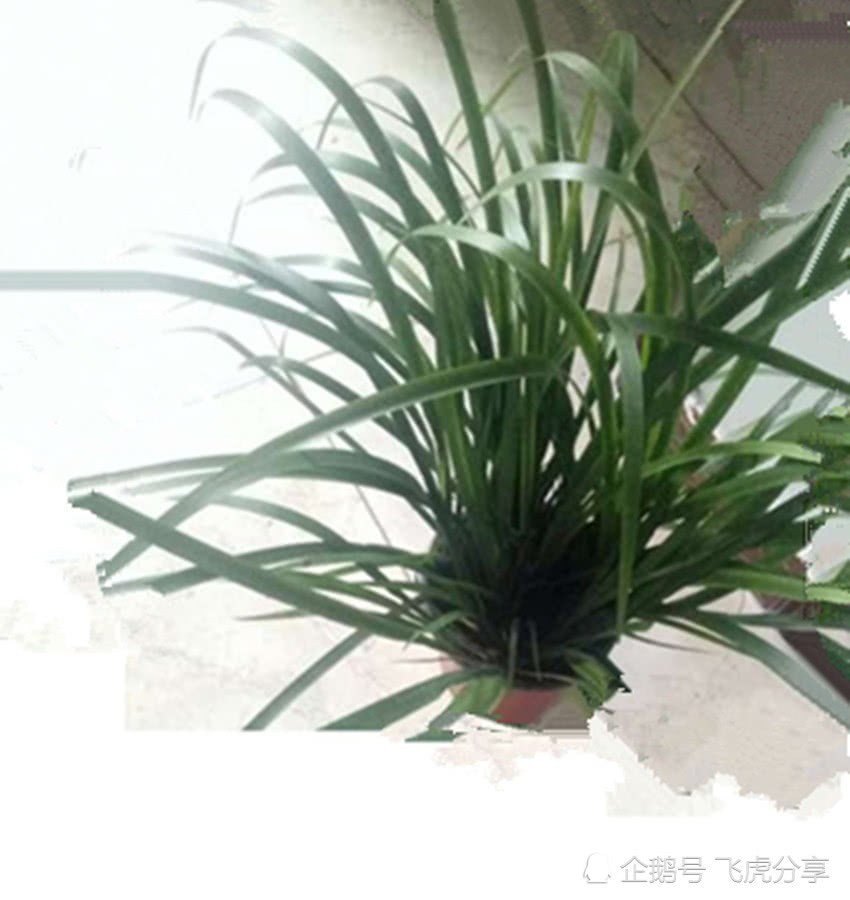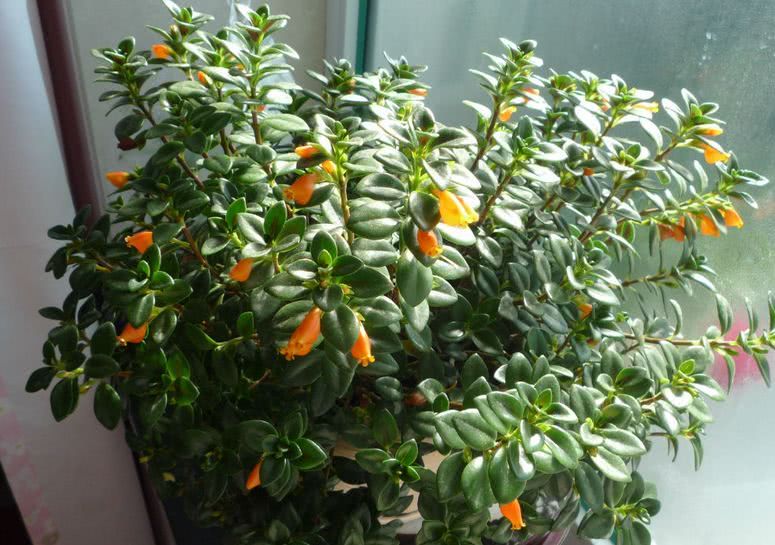Three small ways to keep the flower buds out of the orchid depends on it.

Orchids have been loved by people since ancient times and are the gentleman of flowers. But if you want the orchid to grow vigorously, blossom constantly, and the bud keeps popping out, you really need some conservation skills. Today, the editor summed up three ways to keep the orchid bud popping out. Master these three methods, and the orchid will give you a big surprise and bid farewell to the trouble of growing orchids and not blooming.
1. Master the temperature difference. People who often raise orchids know that temperature differences play a key role in the growth of orchids, especially before and during budding. The environment with large temperature differences can promote orchids to form buds, because the original place of orchids determines their habit of budding and blooming. Especially in autumn, the temperature difference between day and night is large, which is most conducive to the growth of orchids at this time. Therefore, we should seize this favorable opportunity to increase the temperature difference of the orchid environment, such as: the temperature is 20muri 28 degrees during the day and 20 degrees at night. The greater the temperature difference is, the better the pregnant buds are, the more there are. As the saying goes, "temperature difference is a treasure, and orchids are indispensable." That's the truth.
2. Add some sunshine. Although orchids belong to shade-tolerant plants, they can't grow well without sunlight. Because light can make nutrients for plants, can carry out photosynthesis, and can produce chlorophyll. If there is no light, the leaves will not be able to carry out photosynthesis, chlorophyll will be lacking, nutrients will be lost, let alone flowering. Therefore, giving sufficient scattered light is beneficial to the growth of orchid plants and the budding and flowering of orchids.
3. Apply fertilizer properly. Orchids, like other plants, cannot grow without fertilizer. But orchids are different from other plants, improper fertilization not only can not help its growth, but will cause rotten seedlings and rotten roots, especially for beginners, we must be careful again to fertilize orchids, general agricultural organic fertilizer and chemical fertilizer should not be used, we should choose water-soluble orchid special fertilizer, which can greatly reduce the harm to orchids and promote the growth, bud and flowering of orchids at the same time.
- Prev

Where this kind of potted plant meets, where it smells, the whole body is covered with treasure perfume seasoning.
Last year, my father did not know where to get a small pot that looked inconspicuous. The leaves were green, evergreen, growing fast and full of vitality, but it had a characteristic that other flowers did not have, that is, since it was raised indoors.
- Next

A new type of indoor plant evergreen flowers and leaves all the year round are more worthy of flowering diligently than green pineapple.
Guide green potted plants is a necessary embellishment of home life, raising some flowers and plants at home, many benefits, not only can beautify the room, but also happy mood. Huasheng potted Plant Diary No. 1323 will introduce you to a new type of indoor plant. Today.
Related
- Wuhan Hospital Iron Tree Blooming Result Was Instantly Frightened by the Gardener Master
- Which variety of camellia is the most fragrant and best? Which one do you like best?
- What is the small blue coat, the breeding methods and matters needing attention of the succulent plant
- Dormancy time and maintenance management of succulent plants during dormancy
- Minas succulent how to raise, Minas succulent plant pictures
- What are the varieties of winter succulent plants
- How to raise succulent plants in twelve rolls? let's take a look at some experience of breeding twelve rolls.
- Attention should be paid to water control for succulent plants during dormant period (winter and summer)
- Watering experience of twelve rolls of succulent plants
- Techniques for fertilizing succulent plants. An article will let you know how to fertilize succulent plants.

